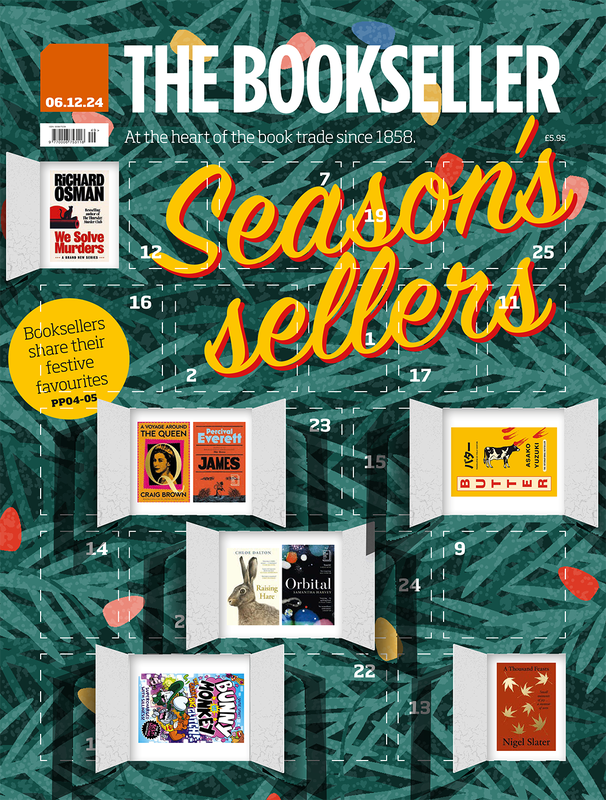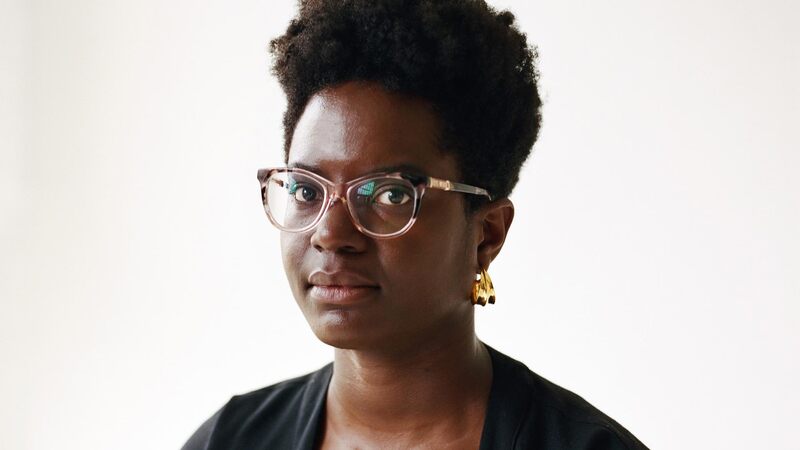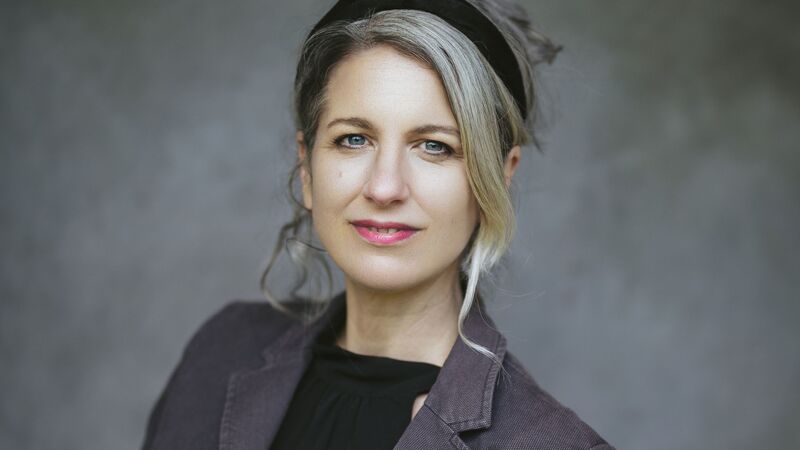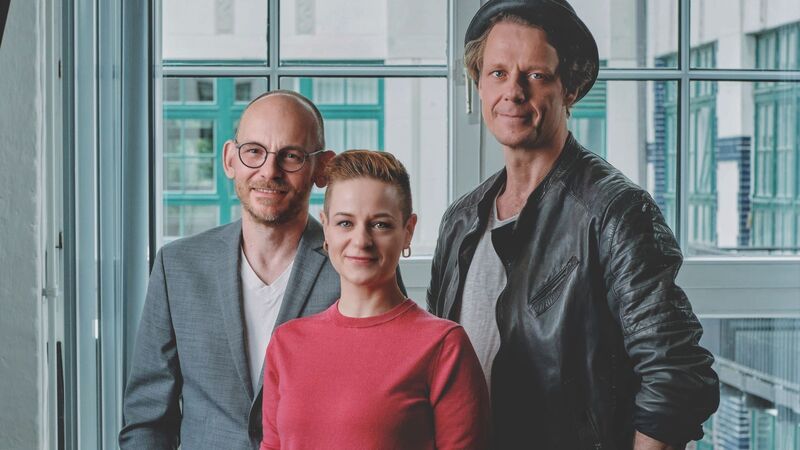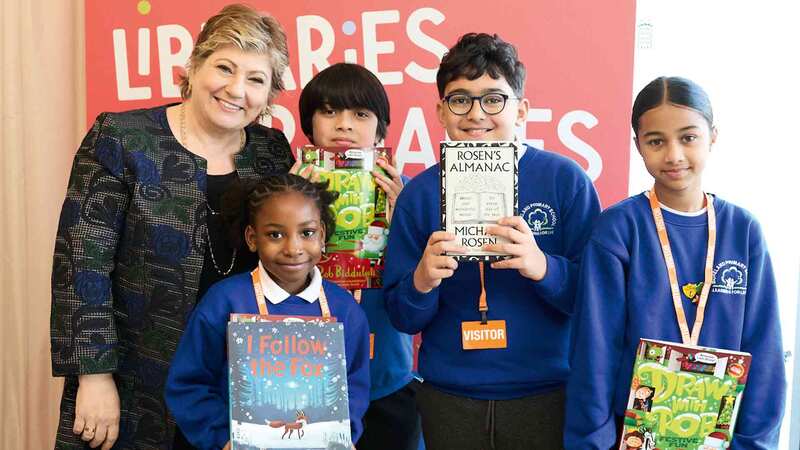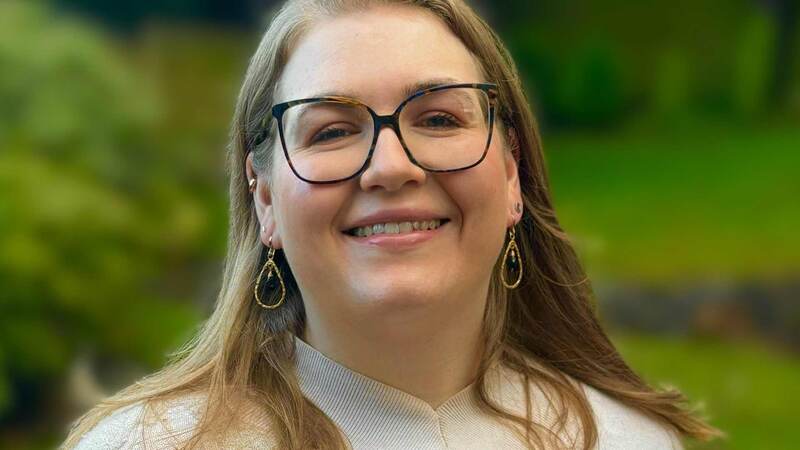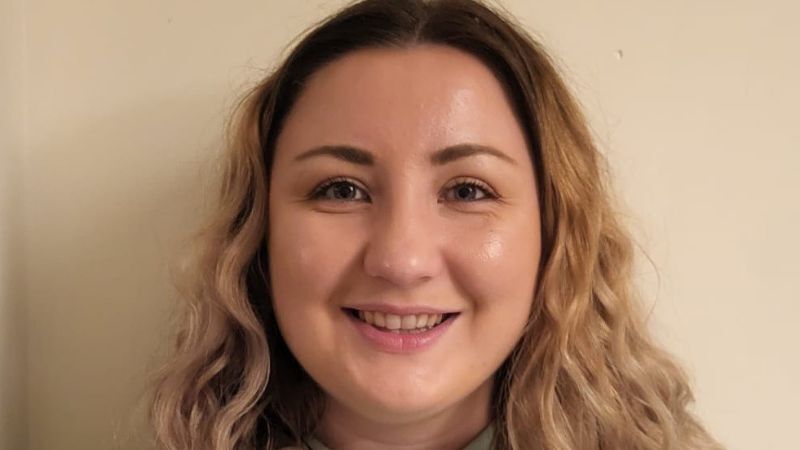You are viewing your 1 free article this month. Login to read more articles.
The future of working in publishing
Culture is changing and evolving incredibly quickly in an ultra-tech world. Publishing has been left playing catch-up, having to create platforms to facilitate new methods of storytelling and jobs to accommodate new talent. With the industry having to keep up with new trends across the board in the arts sector, what does the future look like for working in the industry?
As more and more online content is generated, the role of publishing and the requirements of those working within it are changing. New publishing models have developed, from self-publishing to crowdfunding, allowing readers themselves to become writers and artists with each carefully penned tweet and Instagram edit.
The future of this industry will always galvanise discussion. Publishing channels are diversifying, as accessible content is delivered to the market in new forms. Digital is no longer an emerging enterprise and we have begun to accept the value of narratives in all their forms, from gaming to web series. As long as people are engaging with texts, we’re over elitism. In children’s fiction, from First Books’ #ReadHappy campaign with Pharrell - a multi-textual song, print and interactive reading experience - to Nosy Crow’s recent publication Refuge, existing content is being repackaged for a new audience.
As content has diversified, the role of reader has changed. As individuals, we are now more present in texts that ever before. Social media, booktube channels and online reviewing have established a platform where opinions can be directly expressed to the masses. Transmedia campaigns invite the audience into the narrative. This creative marketing is a step on from Bantam Books’ ‘choose your own adventure’ style gamebooks that were perhaps catalyst to the structured-reality genre that has thrived in the last five years in publishing and television, such as the campaign for Alex Garland’s robot blockbuster "Ex Machina", in which fake profiles were set up for the film’s characters on dating apps, with whom users could interact. Part of working in the industry is recognising this change, realising that target markets are not made up of tepid consumers, but engaged communities.
Alongside publishing, the physical form of libraries and booksellers are changing. As we search for new ways to use community spaces for the creative arts, clinging on to diminishing funding and regional enterprise, these literary institutions will stand their ground and adapt.The recently opened audio-visual pods in Foyles are an indication of a move towards developing reading and storytelling as an experience. For both children and adults, these spaces have the potential to support book-buying in print and digital. In the future, publishing will not be confined to the page, which will in turn be reflected in more diverse, highly skilled job roles.
Literary festivals, with more springing up across the UK year on year, are a demonstration of our commitment to the non-digital. BritCrime, an online inaugural festival celebrating crime fiction, proved this summer that the geographical reach of discussion on books is without limits. In 2015, festivals are live-streamed, in real time, and content is archived and distributed, keeping this industry at the top of digital trends. Work in this area of publishing is about reacting to a fast-paced environment. Festivals are a reliable way to make contacts, and get an invaluable insight from the real book-buying people who are attending festivals, as well as gaining access to the publishing industry.
Opportunities are becoming increasingly self-generated; I write in return for festival tickets, for access to events and for the chance to be part of an exciting conversation about the future of this industry. Unpaid internships have received bad press of late, and rightly so. Experience should not be something that can only be afforded by the well-off. Organisations like Hiive and Arts Emergency are regenerating arts opportunities for a young, diverse audience, but these networks need support, and we each must take responsibility for our role as educators and learners. We must help to raise the profiles of these organisations in order for them to expand and challenge, so that at some point the services they offer become the norm, rather than the exception.
We should recognise the future of publishing as a community, a collaborative enterprise that can reinforce the arts as a necessary experience for many, rather than an aesthetic privilege for few. Whichever direction publishing takes over the course of the coming years, the role of work opportunities will lie in being able to adapt to change.
Charlotte Sabin is a non-fiction writer and editor based in Cornwall.

